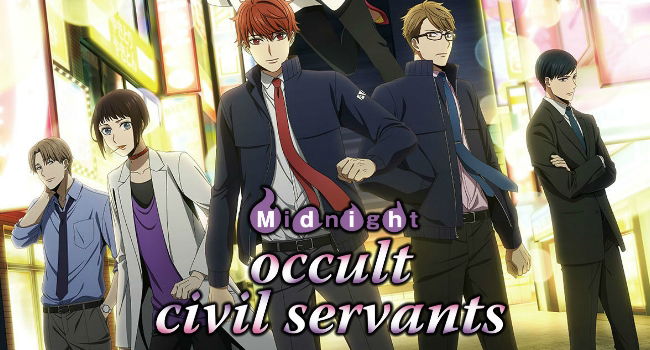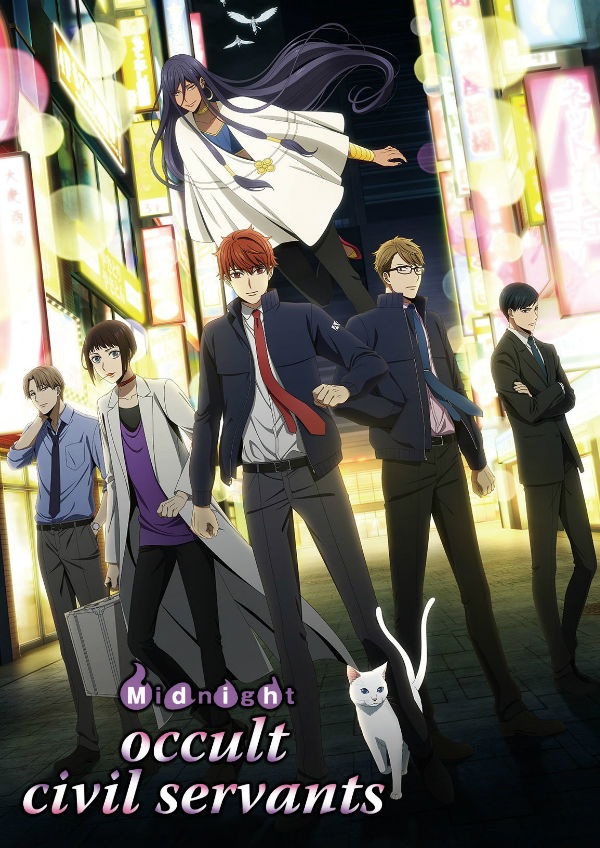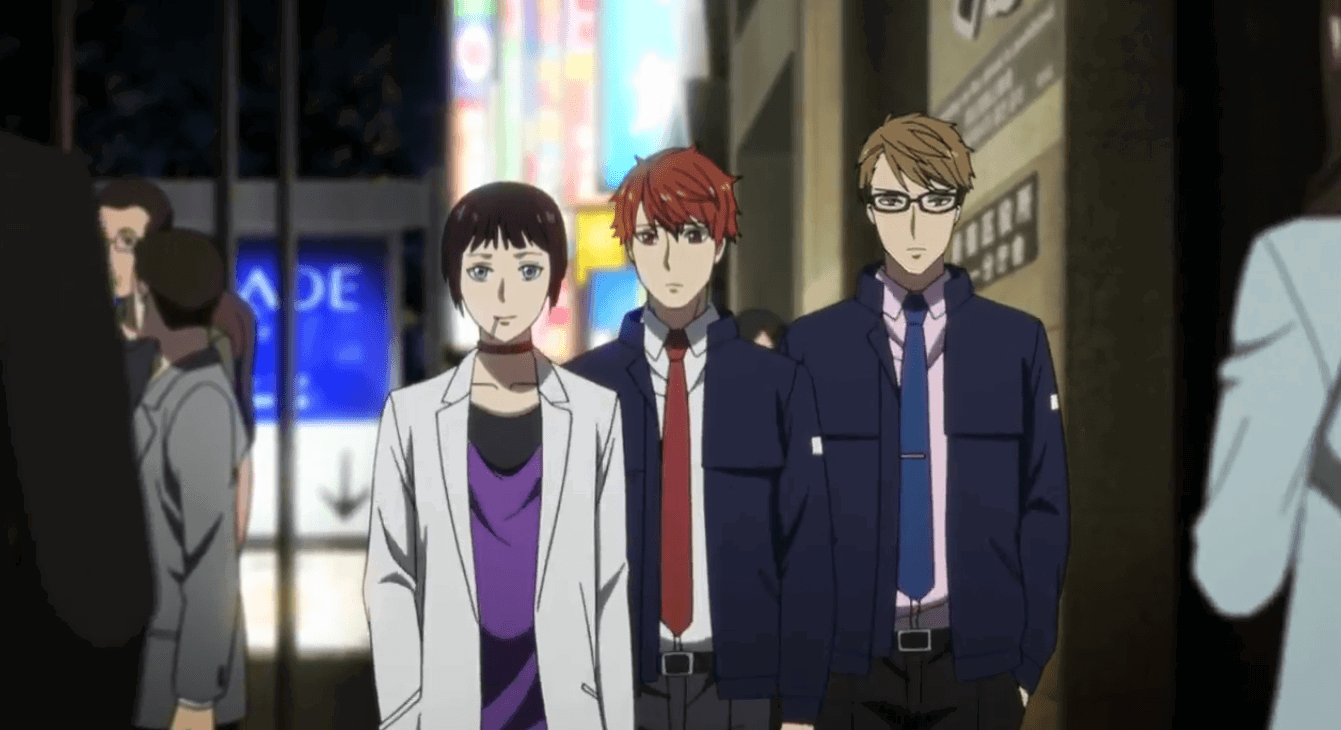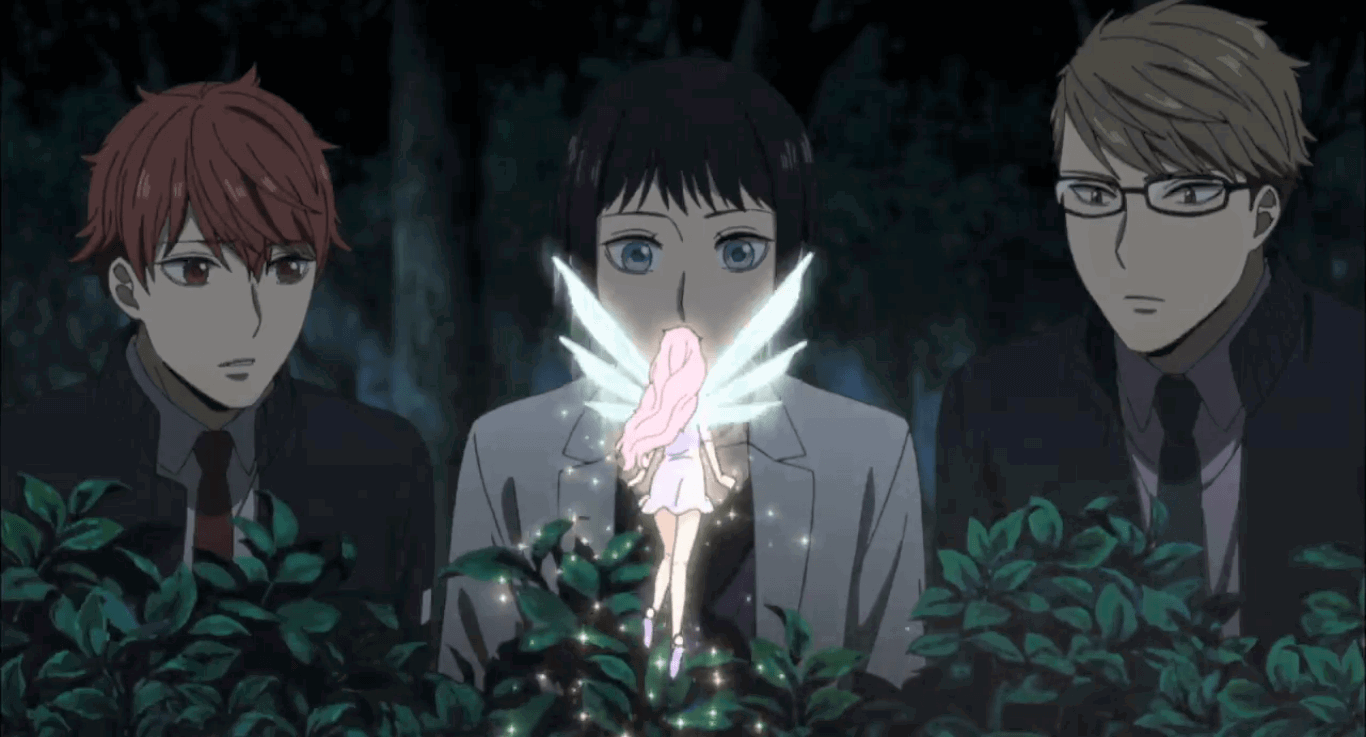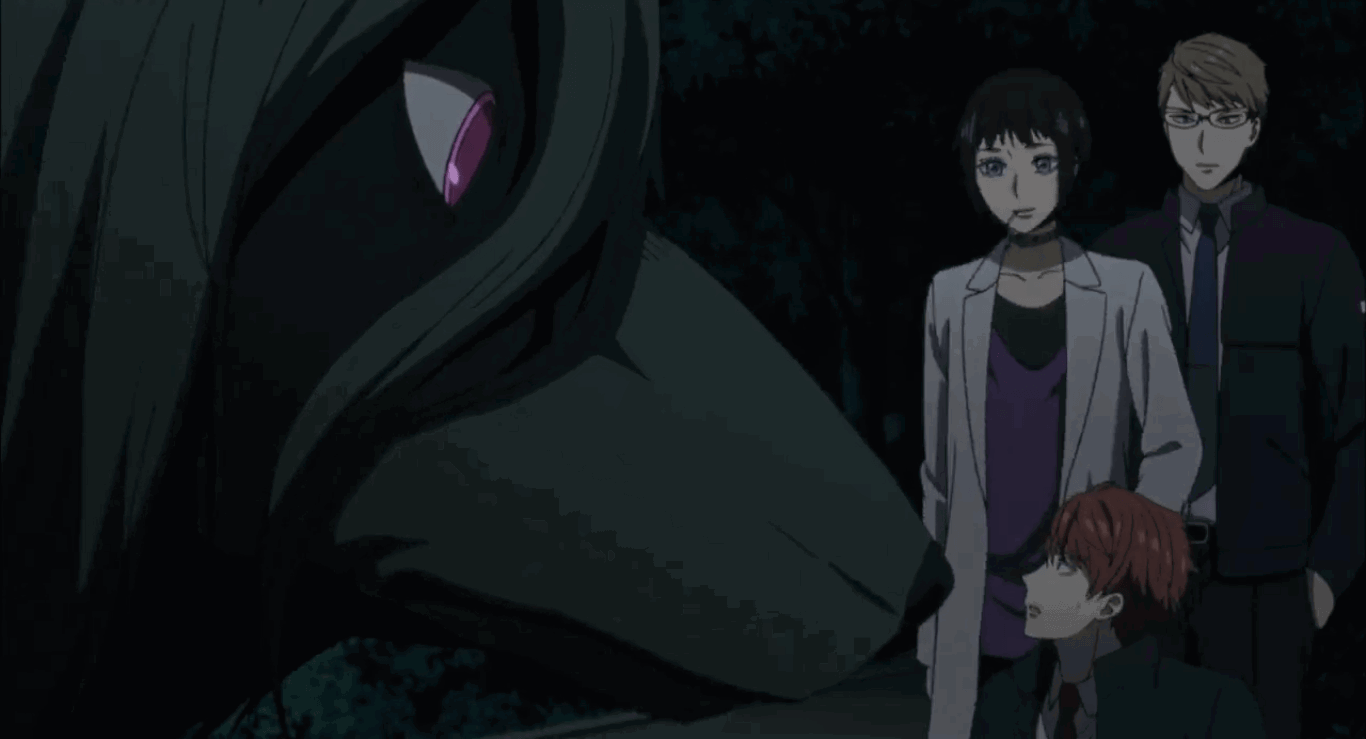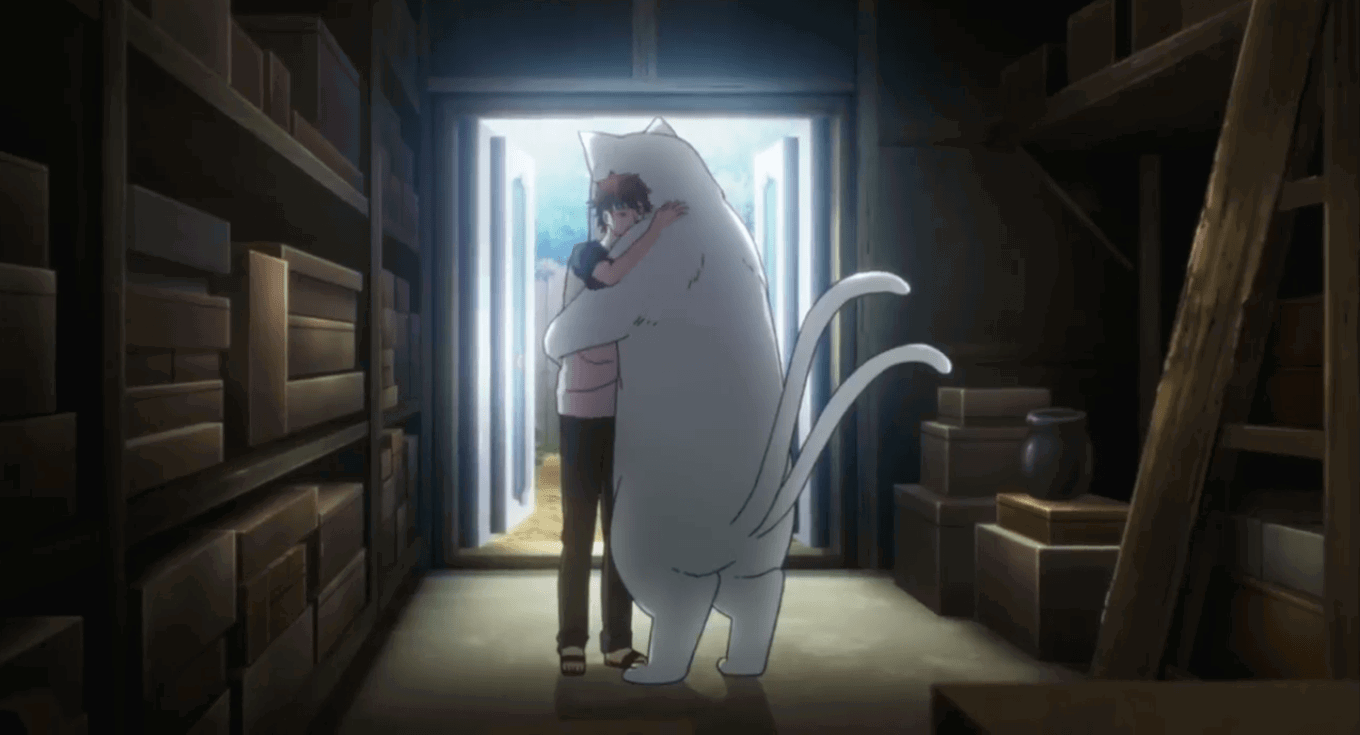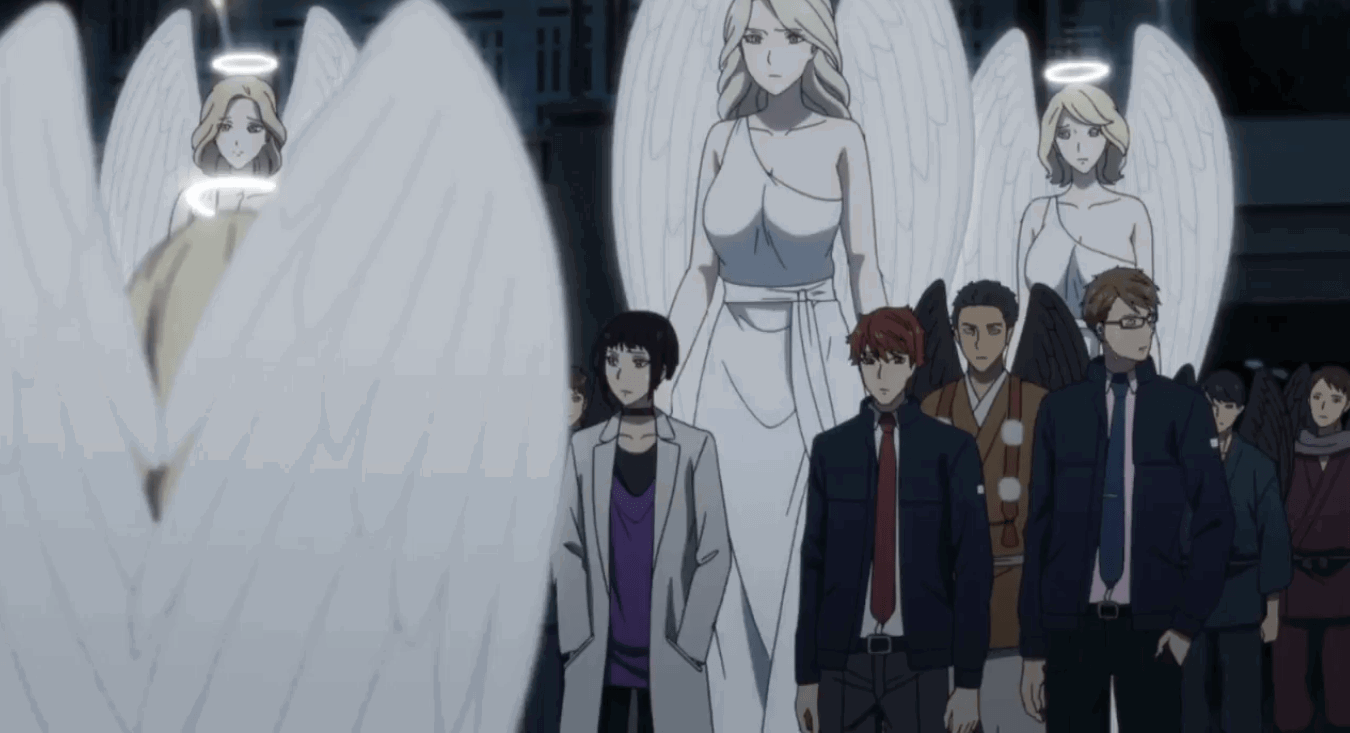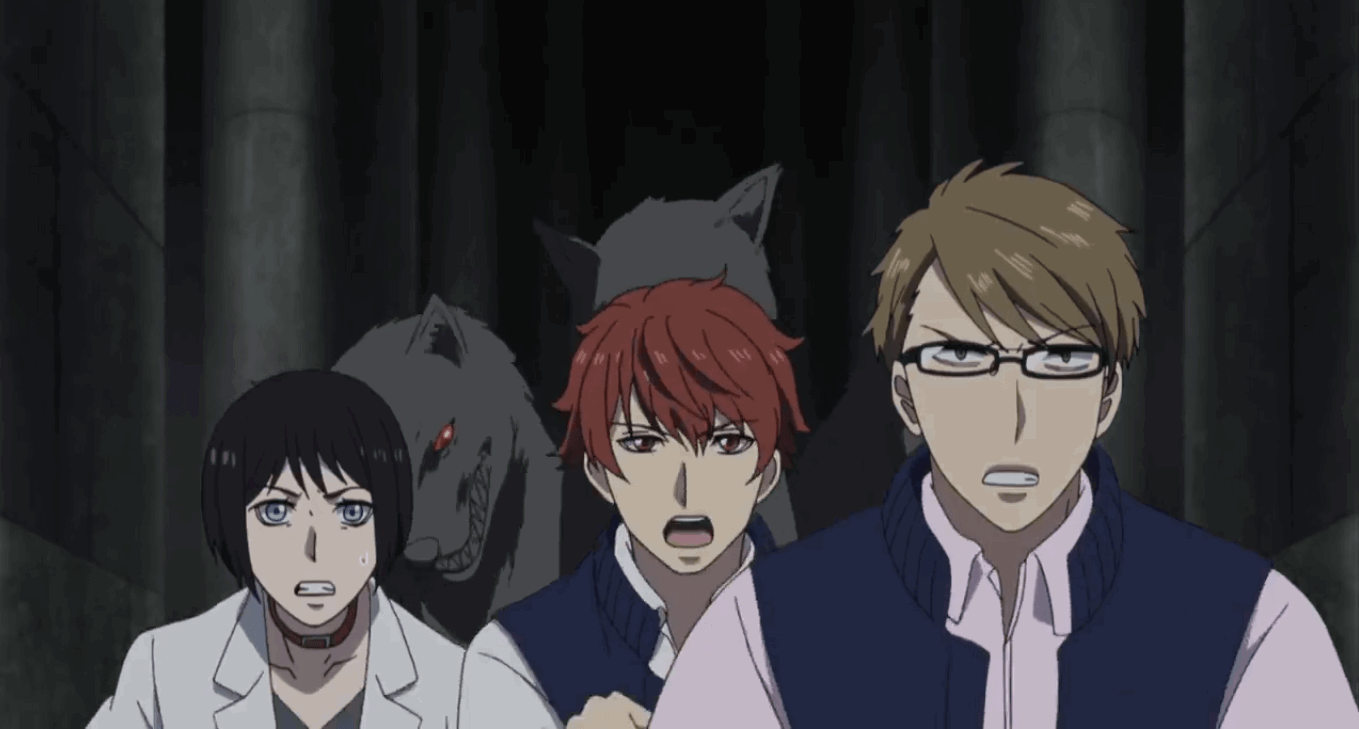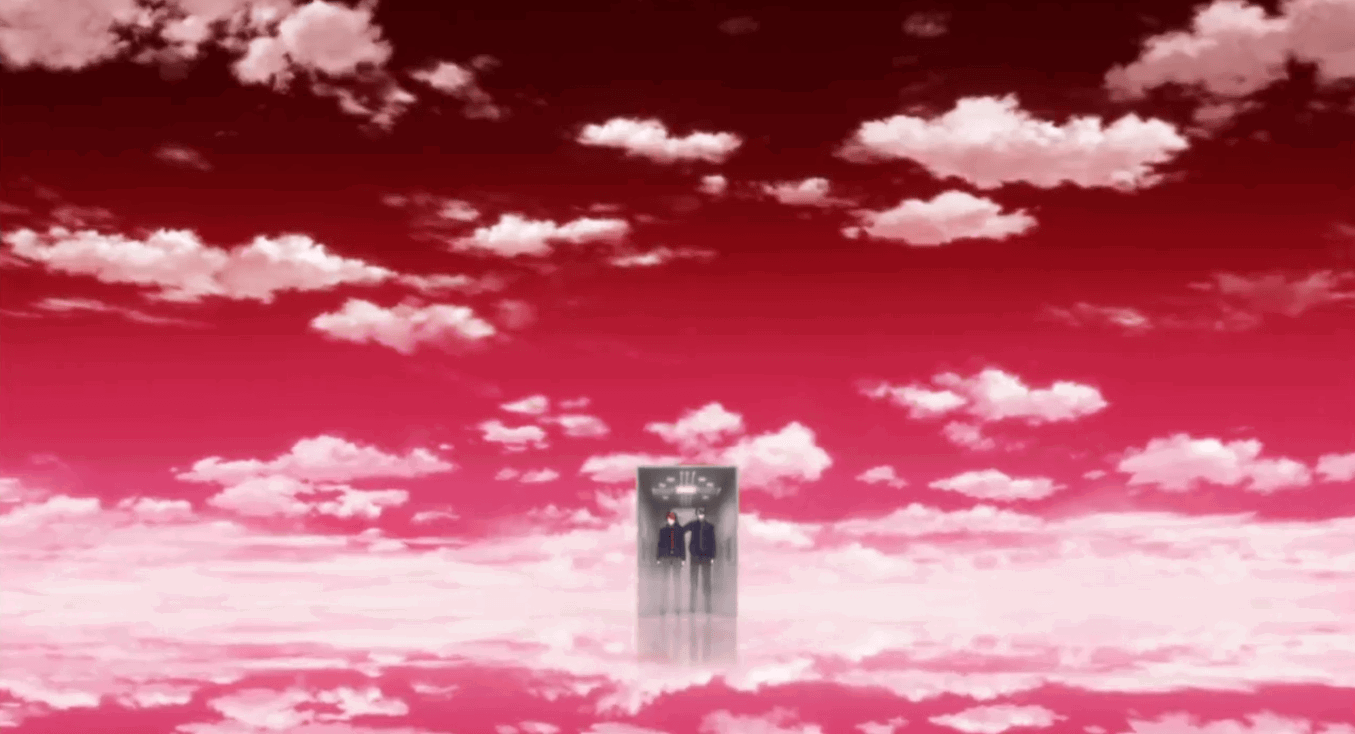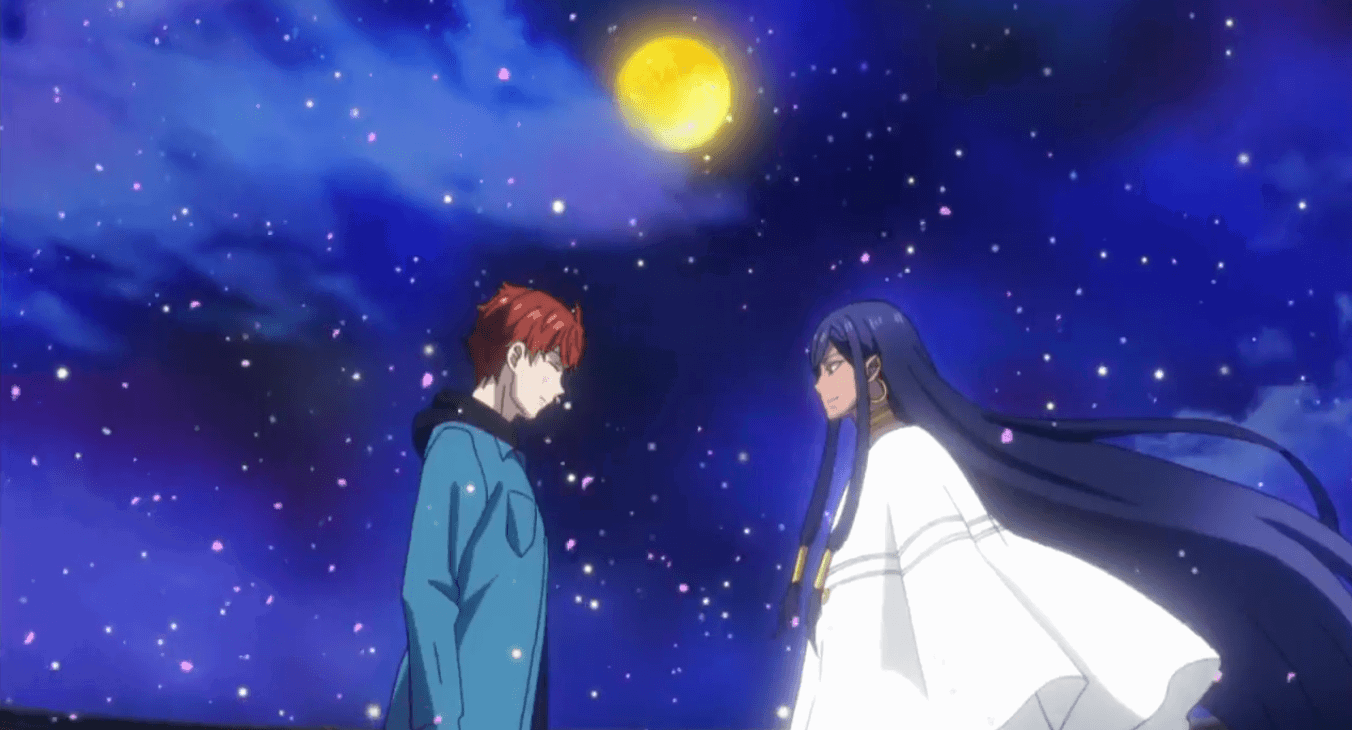Original Run: April 8, 2019 - June 24, 2019 Number of Episodes: 12 Genre: Fantasy, Supernatural Based on the Series Created By: Youko Tamotsu
***Warning, the following may contain spoilers for Midnight Occult Civil Servants. Reader discretion is advised.***
Series Synopsis
Arata Miyako (voiced by Jun Fukuyama) is a government civil servant in Tokyo, and he has just been assigned to a new section. All he was told about the position was that he would need to better relationships with a certain aspect of the population.
On his first assignment, Arata is shocked to learn the true scope of the job.
Living in a world unseen by most humans are beings from folklore and legends. Dubbed the Another, their nature is both mysterious and dangerous. Or, at least, that is what many of Arata’s colleagues think. Arata himself, after talking to a few of the Another, isn’t so sure.
However, that is what makes Arata unique. For you see, he is the only person who can talk to the Another. Thus, a whole new era of communication and, hopefully, understanding can begin.
Series Positives
Midnight Occult Civil Servants (MOCS) was as enjoyable as an anime can be while remaining a notably lackluster affair. Other than an interesting core idea, there was nothing about this series which stood out as remarkable. Alternatively, assuming we’re the glass-half-full type of observer, there was nothing about this show that was infuriating or irreparably sloppy.
I doubt there’ll be many who will become die-hard fans of this series (prove me wrong in the comments). Conversely, I can’t imagine people are going to utterly despise this show. At most – and this is, by no means, a positive – MOCS will fade into obscurity. So, you’ll likely never have cause to think about it ever again.
Nevertheless, let’s try powering through the review.
As I said, MOCS had a good idea behind it, and I’m not talking about the existence of a government department dedicated to supernatural affairs. Truth be told, that was one of the areas I felt this series dropped the ball in; but, more on that later. Instead, I’m referring to main character Arata Miyako being the only person who could communicate with the Another. Here was an opportunity for this show to build a unique identity.
Sadly, the trouble with opportunities is, they need to be taken. In this respect, MOCS was a little too reserved. Be that as it may, this series did, at least, try a few things.
Since Arata was the only person within the Nighttime Regional Relations Department (N.R.R.D.) who could speak with the Another, he had unprecedented access to essential insight. Where his colleagues could only rely on inferences and past experiences, Arata was able to converse. Thus, he could develop sympathy.
A perfect example of this was when Arata reunited with his old friend, a nekomata (a cat with two tails) named Yuki (voiced by Kazutomi Yamamoto). For generations, Yuki had guarded Arata’s family home, and because he was an Another, most people couldn’t see him. Arata could and had been able to do so ever since he was a child. As a result, he and Yuki were able to play together.
Fast-forward many years to an Arata who could speak to the Another and a Yuki who had been left all alone. Finally having someone to talk to, and it being someone he cared about very much, Yuki was overcome with tremendous happiness. At the same time, the full weight of his centuries of solitude finally came crashing down.
Moments like that illustrated the advantages of Arata’s gift. However, MOCS went a step further and demonstrated how demoralizing it could be too.
An issue Arata kept running into was the rationale of the Another. Certain logic we humans intrinsically know, may not apply in the supernatural world. For instance, needlessly inconveniencing others for your own gain makes you a jerk. The Another don’t see that connection.
As a result, although Arata could communicate and say the right words, that didn’t mean there would be a mutual understanding. Why an Another might do something was entirely based on their reasoning, and that reasoning might have easily sounded ludicrous – or even dangerous – to the agents of the N.R.R.D.
When stories offer these sorts of two-sides-of-the-same-coin dilemmas, they can cause you to think. And yet, that only happens when both arguments are sufficiently represented. When one point of view has a slight edge – or is obviously favored – the intrigue gets lost. MOCS had difficulty with keeping things balanced.
And it was those difficulties which dragged this series down.
Series Negatives
To get this out of the way, MOCS’s animation wasn’t the greatest. In fact, it was pretty damn flat when it was at its best. And when it was at its worst, this series looked quite cheap. None of the character designs were at all memorable, and there wasn’t much flare when it came to the appearance of the supernatural creatures.
I never understood that.
When a story involves fantastical, fictional entities, why would said story not make them as otherworldly as possible? These sorts of narratives are only limited by their imagination, and if that is the case, I have to think MOCS didn’t have much.
Getting off that topic, I want to revive a point I hinted at earlier. I said this series dropped the ball when it came to portraying the governmental oversight of the Another. Mostly, I wasn’t – and am still – not a hundred percent sure what the role of the N.R.R.D. was. Were they regulators? Were they hunters? Were they a bureau designed to look after this specific portion of Tokyo’s population?
The N.R.R.D. seemed to serve all three of those roles. Odd, given their contradictory nature.
The Another never cared about the rules of the mortal world, and the N.R.R.D. didn’t provide them any assistance of any kind. Therefore, it was hard to believe the Another considered themselves apart of a broader community, especially one made up of humans.
Agents of the N.R.R.D. came off as extremely inexperienced when reading the behaviors of the Another. Yeah, operatives knew classifications and were well-versed in folklore from around the world. Nevertheless, the N.R.R.D., until Arata, were quick to assume every interaction with the Another would lead to a fight.
A standard comparison in this show: Talking to an Another was the same as talking to an animal. While it is true, we humans can’t know the full extent of what an animal is thinking there are clues to indicate intent. To a veteran handler, they have a pretty good idea when say a lion is indifferent and when one is about to attack.
Most of the time in this series, it was the N.R.R.D. who needlessly escalated situations, and that was the most confusing thing of all.
A fascinating aspect of MOCS was the dilemma faced when dealing with the Another. They were unpredictable, and some could only exist if they harmed a human. As such, trickery, deception, and lies were very common. But that wasn’t always the case.
For Arata, he argued that the N.R.R.D. should try to have a dialogue before resorting to violence. Some of his fellow agents, though, believe that way of thinking was naive. To an extent, those agents were right.
However, the N.R.R.D. dealt with Anothers who were gods and could bring destruction to Japan. It’s one thing to distrust a highly distrustful creature, and it’s another thing entirely to smack a powerful deity in the face. That type of reckless behavior delegitimized an organization whose job it was to be experts on these supernatural beings.
What I’m getting at is, The world of MOCS, through the actions of the N.R.R.D., would have been annihilated long before the events of this series. The consequence of that was a show that was difficult to get into.
Final Thoughts
I don’t know what this series could have done differently. This is an instance where I didn’t see a whole lot of potential.
There was one excellent idea that was sort of explored. Well, it was explored enough to make watching this show not a chore. So, if there is credit to be awarded, that would be it.
However, this series didn’t have much else.
Although things could have been a lot worse, and, overall, this wasn’t too bad, I still don’t see why I should give a recommendation. Midnight Occult Civil Servants can be skipped.
But these are just my thoughts. What are yours? Have you seen this show? How would you advise Midnight Occult Civil Servants? Leave a comment down below because I would love to hear what you have to say.
And if you’ve liked what you read and want more anime content, please follow me at LofZOdyssey Anime Reviews or on Twitter @thelofzodyssey.
Also, be sure to subscribe here at The Outerhaven and never miss all your video game, anime, and other nerdom news and content.
I’m LofZOdyssey, and I will see you next time.


